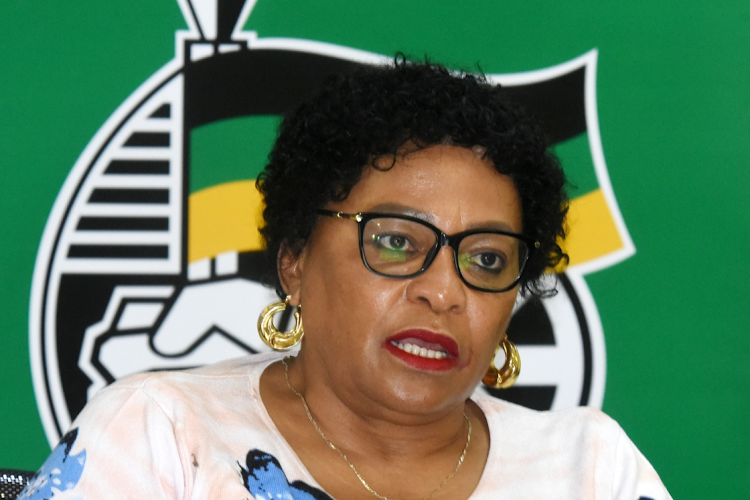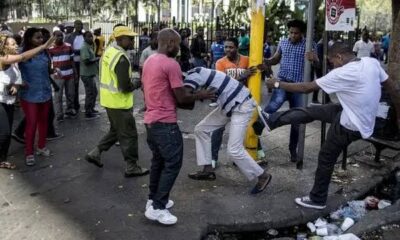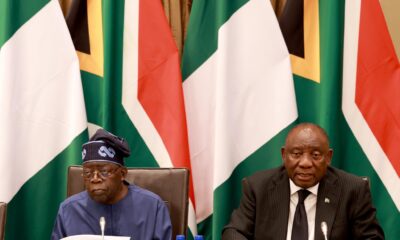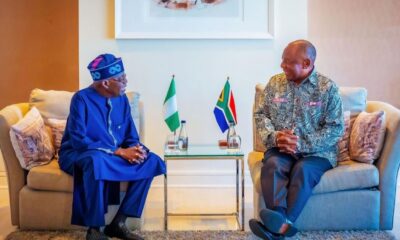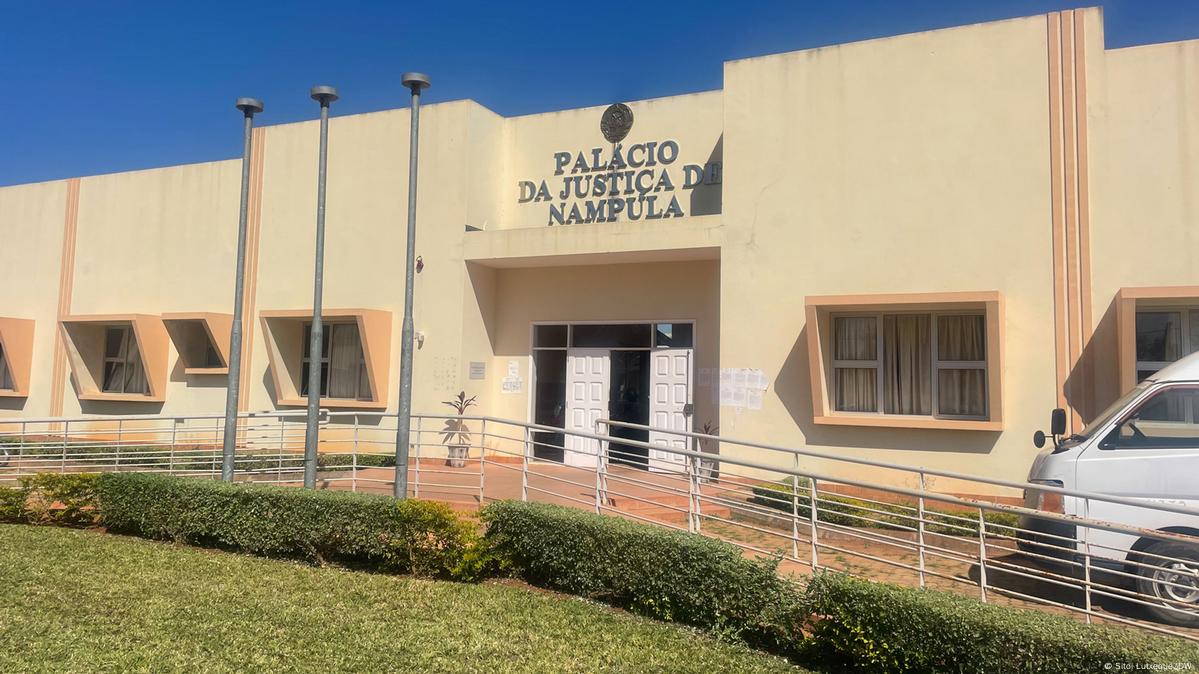South Africa’s ruling African National Congress (ANC) is confident that it will win its parliamentary majority in the May election.
The party’s deputy secretary general said the party also revealed was not in talks with other parties on a possible coalition government ahead of May 29 to elect a new National Assembly, which will then choose the next president.
“We will not go to war having accepted defeat. We are going to war to win,” ANC veteran Nomvula Mokonyane told Reuters in an interview, adding that the party was aware that “stakes are high because not everybody is comfortable with us in power.”
There are reports that the ANC is likely to lose its majority representation in the legislature for the first time since Nelson Mandela led it to power at the end of apartheid 30 years ago, and possibly opening up the prospect of coalition rule.
“A coalition government won’t work for now,” said Mokonyane, pointing to failed power-sharing attempts at the local government level, where coalitions have largely proved unstable due to a lack of legislation to regulate the partnerships.
However, Mokonyane continued, “The ANC is open to working with anyone as long as they agree on “the task at hand.” The party’s image in the past decade by economic stagnation, rising unemployment, and repeated corruption scandals involving its top officials.
According to analysts, the party may be jolted into improving service delivery, growing the economy, and addressing other issues like crime and corruption if it loses its majority. However, coalitions may also turn sour and impede the provision of already subpar services.
The Democratic Alliance, South Africa’s largest opposition party, and the Economic Freedom Fighters, a far-left party, are likely coalition options for the ANC.
Mokonyane said the ANC had learned its lessons, such as expanding the country’s electricity grid to more people without increasing generation capacity or investing more in renewable energy sources.
Power cuts have become an everyday part of life in South Africa, a country that emerged from decades of white minority rule with over 30% of its population unemployed, a soaring murder rate, and one of the highest levels of income inequality in the world.
“We are quite certain that with our challenges and imperfections, those happened because we’re doing something that was never done,” said Mokonyane.
She condemned foreign takeovers of land and minerals and maintained that the ANC would do more to prioritize national interests, while also highlighting the party’s successes in areas like social care and girls’ education.
“The inequality that we see… it’s very stubborn,” she said. “We’ve tried to turn it around, and 30 years is not a (long) enough period to turn things around.”
South Africa practices a parliamentary system of government but the presidential office is also the head of government, with executive powers. The practice is unusual among heads of state of countries with a parliamentary system often with separation of powers and headed by a prime minister.

